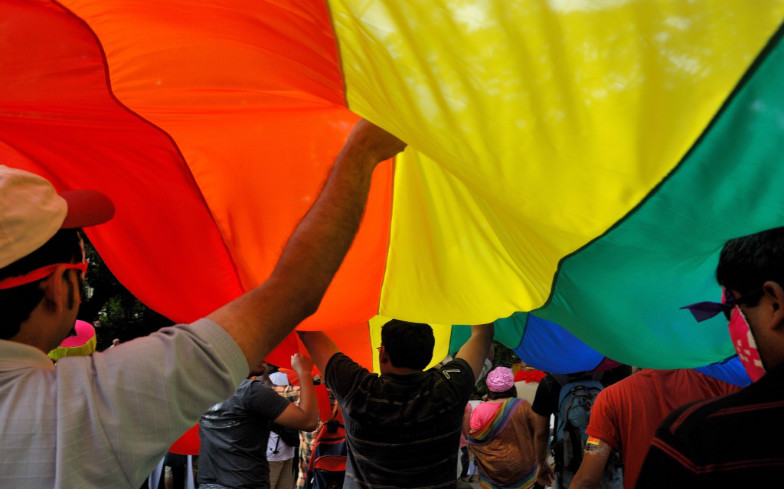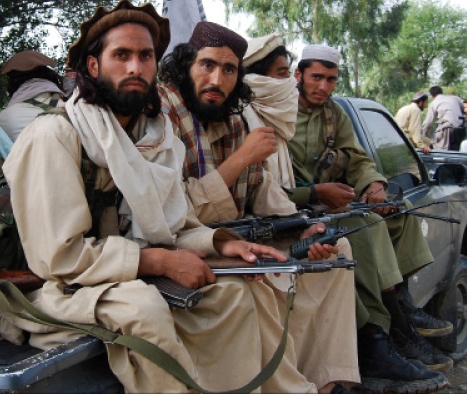As the world becomes more and more progressive and open to the idea of gay relationships and the desires and rights of individual’s with alternative sexual identities and preferences, Russia seems to be taking a step backward. In a latest development from Russia, it is being reported that Russian President Vladimir Putin has submitted a proposal to establish a ban on gay/same sex marriages in the country’s constitution. The draft amendment enshrines the mention of Russians’ “faith in god”and states that marriage is between a man and a woman and according to the lower house of the parliament’s vice speaker. Pyotr Tolstoy. The Russian President’s allegiance to the orthodox church is well own and he has actively striven to keep the country away from liberal and western values. He also went ahead and said that as long as he remains the president of Russia he would not allow same sex marriages to become a reality in Russia.
Putin also clarified that although he doesn’t want the prevalence of gay marriage in India, he has no prejudice against gay people and that he was against them because homosexuality engender fluidity are against the values held close by the Russian society.
According to a federal law signed by Putin in 2013, the public promotion of homosexuality is already considered a crime and homosexual couples are also barred fro he opportunity of adopting children. Prior to this, homosexuality was officially criminalised in Russia until 1993 and considered a mental illness until 1999.
The Russian political system is currently experiencing a major turn over and a lot of things are being changed in the system. The ban on gay marriages is an important aspect of such a transformation. Putin has also announced his plans to change the constitution and broaden the powers of the parliament. The Duma is all set to give a final approval to the draft next week ahead of a countrywide vote on April 22.
Critics who have been looking at Russia for a while now suggest that these reforms are an attempt to extend the grip of the president on the country long after he leaves in 2024. Some of the amendments that Putin has introduced in the condition could allow him to remain in power for a lifetime.














